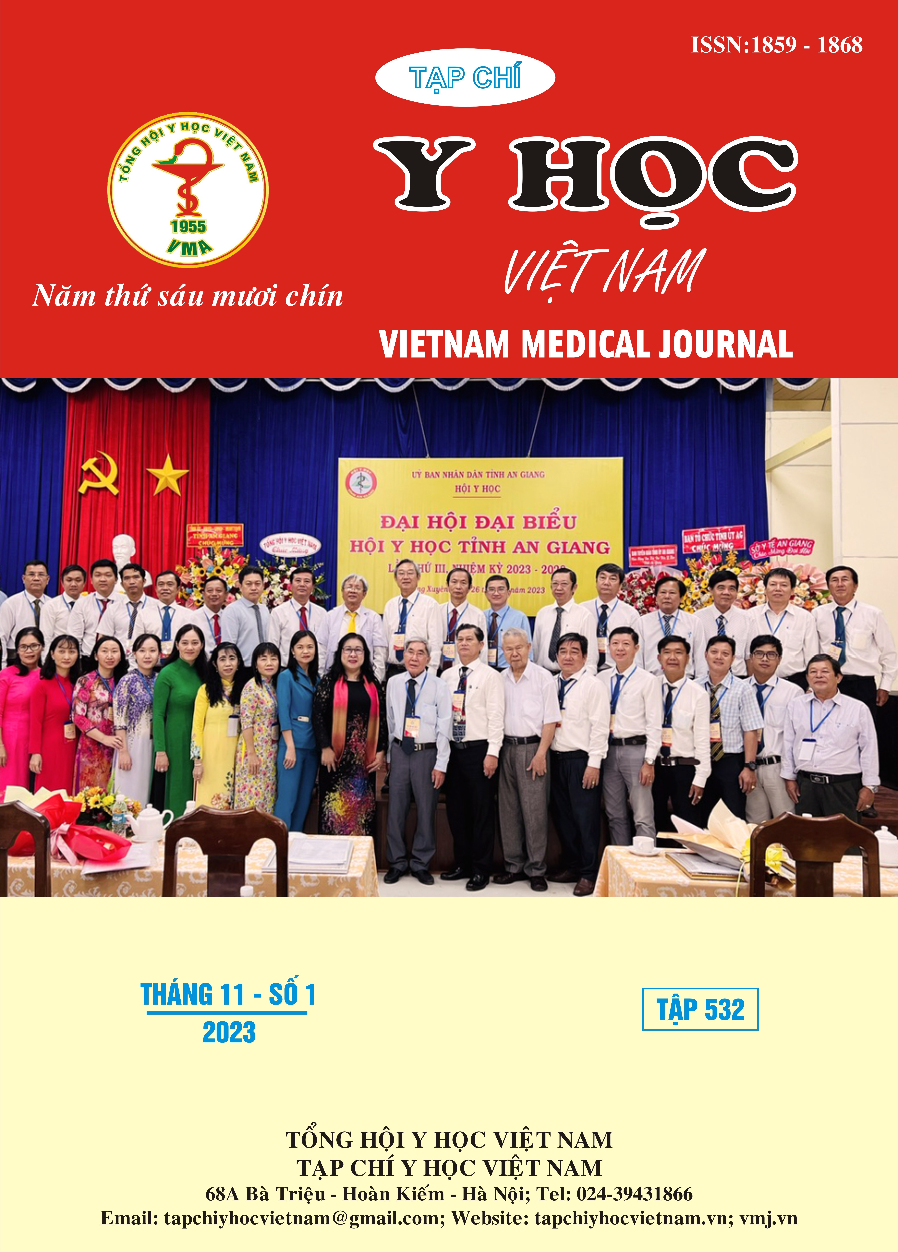EFFECTIVENESS OF THE “INTEREST GROUPS” MODEL IN IMPROVING KNOWLEDGE AND PRACTICES ON QUALITY CONTROL OF THE TRADITIONAL HERBAL MEDICINES IN VAN YEN AND YEN BINH DISTRICT, YEN BAI PROVINCE
Main Article Content
Abstract
Quality control of herbal medicine is an urgent requirement for sustainable development and is a concern in many countries, including Vietnam. The “Interest groups” model is one of activities to improve the quality of medicinal plants in Yen Bai province. Objective: to evaluate the effect of improving knowledge and practices of the “Interest groups” model on quality control in growing and collecting medicinal plants of farmers in Van Yen And Yen Binh district, Yen Bai province. Design: a three years intervention study on 62 people participating in the model, growing or exploiting medicinal plants, and participating in training programs. Results: 100% of the subjects have the concept of quality assurance and quality assurance standards; their knowledge level has improved significantly, Poor knowledge level decreased from 79% to 19.4%, Good level increased from 9.7% to 38.7%; the percentage of subjects practicing quality control in growing medicinal plants increased from 24.2% to 50%, in collecting medicinal plants increased from 14.5% to 40.3%; the percnetage of implementation of VietGAP standards increased from 16.1% to 19.4%, GACP-WHO from 6.5% to 14.5%; The rate of implementation of quality assurance and environmental protection measures both had positive changes compared to before the intervention (p<0.05). Conclusion: The “Interest groups” model has significantly improved the criteria of quality control herbal medicine knowledge and practicing.
Article Details
References
2. Balekundri A, Mannur V. Quality control of the traditional herbs and herbal products: a review. Future J Pharm Sci. 2020;6(1):67.
3. Saha S, Mandal A, Dutta A. Good Agricultural Practices. In: Natural Products and Drug Discovery. Elsevier; 2018:607-631.
4. Thủ tướng chính phủ. Quyết định số: 1976/QĐ-TTg, Phê duyệt quy hoạch tổng thể phát triển cây thuốc đến năm 2020 và định hướng đến năm 2030.; 2013.
5. Presilla M. The Development of Organic farming in Viet Nam. J Kaji Wil. 2018;9(1):14.
6. Bộ Y tế. Thông tư số: 19/2019/TT-BYT, Quy định thực hành tốt nuôi trồng, thu hái dược liệu và các nguyên tắc, tiêu chuẩn khai thác dược liệu tự nhiên.; 2019.
7. Bộ Khoa học và Công nghệ. Tiêu chuẩn số: TCVN 11041-2:2017, Nông nghiệp hữu cơ – Phần 2: Trồng trọt hữu cơ. Hà Nội: Bộ Khoa học và Công nghệ; 2017.


